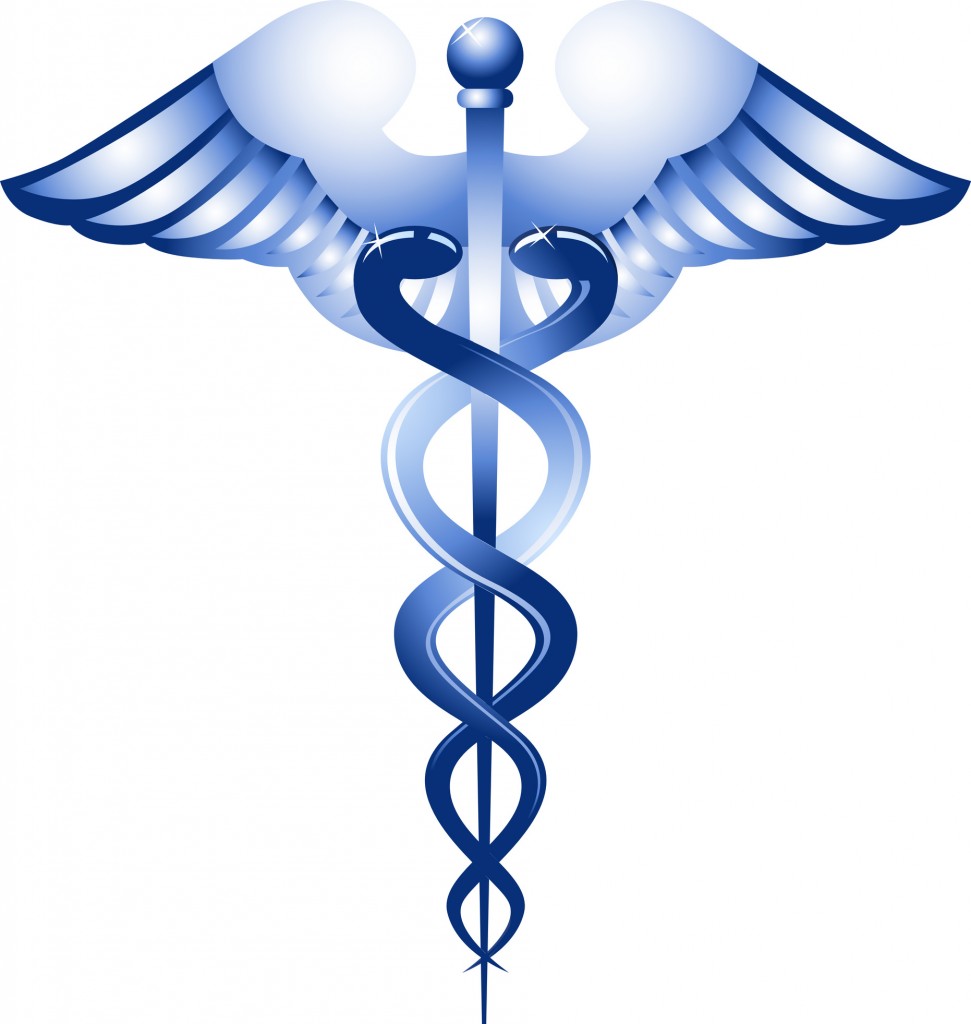In the most recent New Yorker, Jeffrey Toobin takes Supreme Court Justice Kennedy to task:
It’s well known by now that Donald Verrilli, Jr., the Solicitor General, had an off day at the Supreme Court last Tuesday, when he was called on to defend the constitutionality of the individual mandate, the part of the Affordable Care Act which requires people to buy health insurance. Still, it’s worth noting the magnitude of the challenge that he was facing. The key issue in the case is whether Congress, in passing the law, exceeded its powers under the Commerce Clause of the Constitution, which allows the government to regulate interstate commerce. Consider, then, this question, posed to Verrilli by Justice Anthony M. Kennedy: “Assume for the moment that this”—the mandate—“is unprecedented, this is a step beyond what our cases have allowed, the affirmative duty to act to go into commerce. If that is so, do you not have a heavy burden of justification?” Every premise of that question was a misperception. The involvement of the federal government in the health-care market is not unprecedented; it dates back nearly fifty years, to the passage of Medicare and Medicaid. The forty million uninsured Americans whose chances for coverage are riding on the outcome of the case are already entered “into commerce,” because others are likely to pay their health-care costs.
Kennedy’s last point, about the “heavy burden” on the government to defend the law, was correct—in 1935. That was when the Supreme Court, in deciding Schechter Poultry Corp. v. United States—a case involving the regulation of the sale of sick chickens—struck down the National Industrial Recovery Act, a principal domestic priority of President Franklin D. Roosevelt, on the ground that it violated the Commerce Clause. Two years later, however, the Court executed its famous “switch in time that saved the Nine” and began upholding the reforms of the New Deal. The Justices came to recognize that national economic problems require national solutions, and they deferred to Congress, usually unanimously, to provide those solutions, under the Commerce Clause.
***
In other words, Justice Kennedy had it backward. The “heavy burden” is not on the defenders of the law but on its challengers. Acts of Congress, like the health-care law, are presumed to be constitutional, and it is—or should be—a grave and unusual step for unelected, unaccountable, life-tenured judges to overrule the work of the democratically elected branches of government.
I'm glad Toobin brings this up. I, too, was stunned by what seemed to be a complete lack of congressional deference, something this conservative court has touted as being crucial to democracy. The courts should overrule the work of Congress only on the rarest occasions, this Supreme Court often says. But where was the deference in the arguments last week?
Indeed, much of the questioning from the conservative judges delved into matters of political policy, not matters of law. Most notably, there was this exchange between Verrilli and Justice Scalia, in whichVerrilli was explaining to Justice Scalia that the individual responsibility provision (aka "the mandate") is justified given the fact that the uninsured can show up in emergency rooms and get care regardless of ability (or willingness) to pay, shifting the cost to other participants of the market in the form of higher insurance premiums.
GENERAL VERRILLI: No. It's because you're going — in the health care market, you're going into the market without the ability to pay for what you get, getting the health care service anyway as a result of the social norms that allow — that — to which we've obligated ourselves so that people get health care.
JUSTICE SCALIA: Well, don't obligate yourself to that. Why — you know?
GENERAL VERRILLI: Well, I can't imagine that that — that the Commerce Clause would –would forbid Congress from taking into account this deeply embedded social norm.
JUSTICE SCALIA: You — you could do it.
Emphasis mine.
This is chilling for two reasons. First of all, you have a Supreme Court justice opining on the unwritten national policy that we have as Americans — specifically, when sick people show up in the emergency room, we treat them regardless of their ability to pay. He's giving his opinion on that policy… which is not the role of a judge.
Secondly, his opinion is outright barbaric. He says, "Why?" Apparently, to Scalia (who was parroting tea party talking points throughout the whole hearings), "freedom" means freedom from the obligation to treat those who show up at hospitals without health insurance, even if it means letting them bleed out on the curb.
Supreme Court justices should not be acting this way. If Scalia wants to set national policy, he should run for office.

